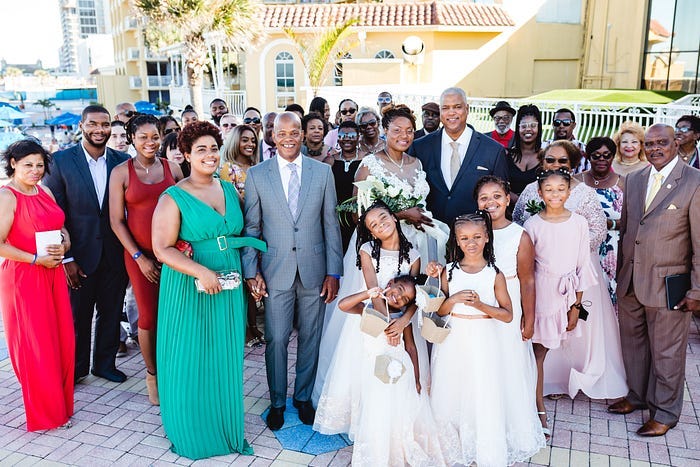Returning to the World After Attempting Suicide
The Years Following Have Been the Best of My Life
I knew three weeks ahead of time I was going to commit suicide. My daily routine was walking three-and-a-half miles from my home to Lake Apopka. I felt a sense of serenity looking across the water. The lake was teeming with life: fish, turtles, snakes, and alligators at the right time of day if you looked closely enough. I went to the lake several times, praying to God to give me a sign that ending it all wasn’t what I was supposed to do. In retrospect, there were multiple signs; I just wasn’t in a place where I could interpret them.
One day, just when I got to the lake. A sun shower appeared from nowhere. It wasn’t enough to soak me, just enough to dampen my shirt. I looked over the lake and saw the brightest rainbow I’d ever seen. A woman passed and remarked, “I’ve never seen a rainbow so bright!” That was a sign, but I ignored it and sunk back into my depression.
Everything in my life prepared me to be successful, while nothing prepared me to fail. I received …
Keep reading with a 7-day free trial
Subscribe to William F. Spivey's History Channel to keep reading this post and get 7 days of free access to the full post archives.


